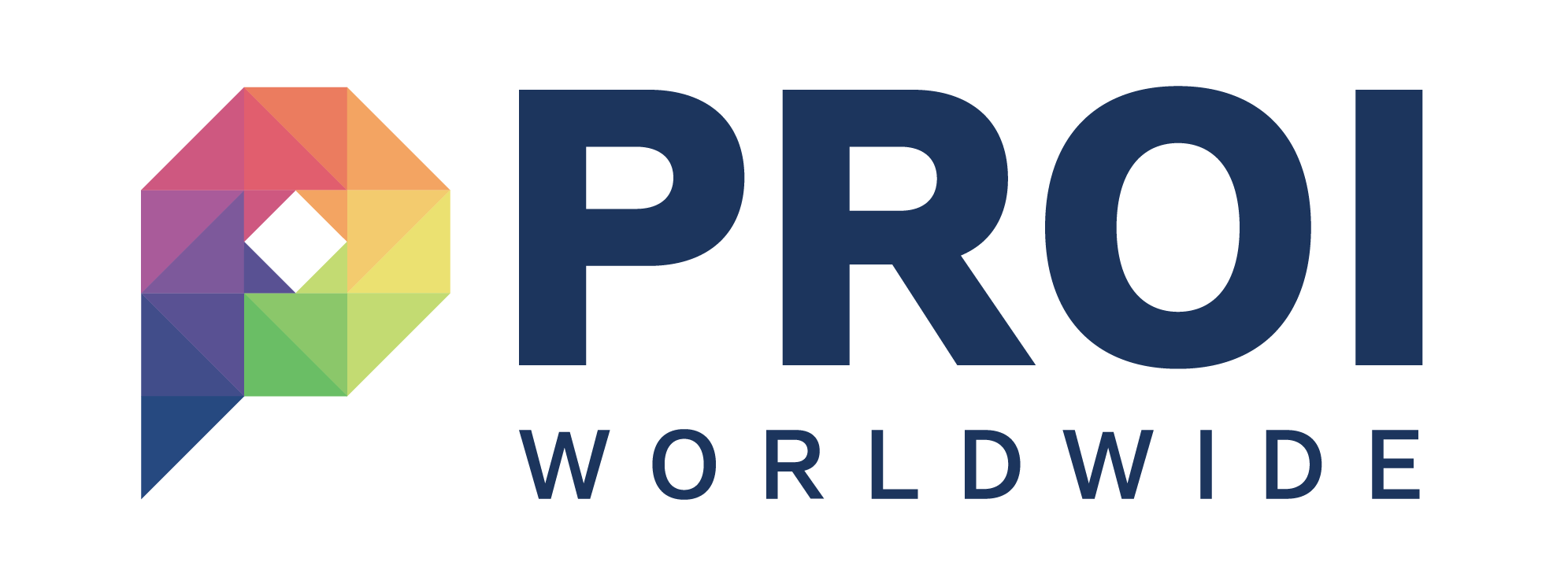Article: Netizens are new 'drug addicts': communications expert
Publication: ABS-CBN News
Netizens are the new “drug addicts” in the age of technology with social media serving as their drug, a communication expert said Thursday.
“We are the new drug addicts and the drug is social media,” M2.0 Communications CEO and managing director Doy Roque said in an interview on “Mornings@ANC."
Roque said the “addiction” to social media covers people of all ages.
He explained that social media users, like drug addicts, are fed “intravenously” with content, with the user favoring certain content as time passes because it tends to affirm personal beliefs, suspicions and values.
“If you look at a social media participant as an addict and you picture him as a guy who gets fed intravenously with content, and now picture him favoring certain designer drugs because the content that we need nowadays (on) social media, tends to affirm our beliefs, our suspicions, our values,” he said.
One example Roque cited is the viral “LeniLeaks” which had social media abuzz over the spread of a public Yahoo! groups message thread where supporters of Vice President Leni Robredo are supposedly talking about ouster plots against President Rodrigo Duterte.
The controversy has prompted an investigation by Malacañang. Communications Secretary Martin Andanar said the Palace is willing to file charges against those involved in the supposed ouster plot.
According to Roque, despite the lack of source of the controversy, a netizen who believes the authenticity of LeniLeaks will continue to search for online content that affirms the truth of the controversy.
“LeniLeaks is a drug. It feeds a community that thrives and needs the energy to find something that affirms whatever suspicion, values, etc.,” he said.
However, those who see LeniLeaks as fake would want to be fed with content that affirms their personal belief as well.
Roque also blames the “abuse” in decades of advertising to the growing distrust on traditional media which has led to the growth of social media communities where information such as LeniLeaks can be sourced.
He explains that people nowadays tend to get information and feedback on certain issues from their friends which soon form a “group thinking” on issues, whether political or personal.
“I guess it means we have our own truth defined by the communities we are with,” he said.
Click here to view the online publication
